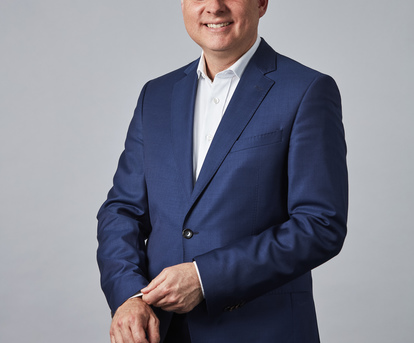
Cost-Benefit Analysis for the LNG Retrofitting of the Ro-Ro Pax Ferry MS Münsterland
The Challenge
The AG EMS planned to retrofit the Ro-Ro Pax Ferry MV Münsterland with a modern LNG engine. In order to receive funding from the European Union in the course of a TEN-T project, AG EMS had to provide, among others, a cost-benefit analysis (CBA) according to EU standards for the vessel operations with and without LNG retrofitting, comparing their financial and economic impacts. AG EMS assigned HPC to carry out the related CBA, including both a financial and an economic analysis.
Tasks Performed
- Projection of all incremental capital expenditures, operating expenditures and revenues as well as projection of funding and tax payments
- Analysis to determine the financial feasibility on investment [FNPV(C), FRR(C)] and national capital [FNPV(K), FRR(K)] as well as financial sustainability
- Evaluation of the project’s revenue-generating capacity, the funding gap as well as the modulated EU co-funding rate
- Identification of externalities
- Calculation and comparison of all greenhouse gases and air emissions resulting from the operation of MDO-fuelled and LNG-fuelled vessels
- Monetarization of emission reductions in order to express them as economic benefits
- Analysis to determine the economic feasibility (ENPV, ERR)
- Sensitivity analysis based on defined stress scenarios
Benefit
- Acquisition of public funding for operating investments
- PR improvement by implementing a sustainable technology
HPC's Expertise:
Cost-Benefit Analysis, Sustainability, Co-Funding Application & Administration Support
Location:
Emden/Borkum, Germany
Client:
Aktiengesellschaft "EMS"
Financed by:
Client
Duration:
07/2017
Project Team
